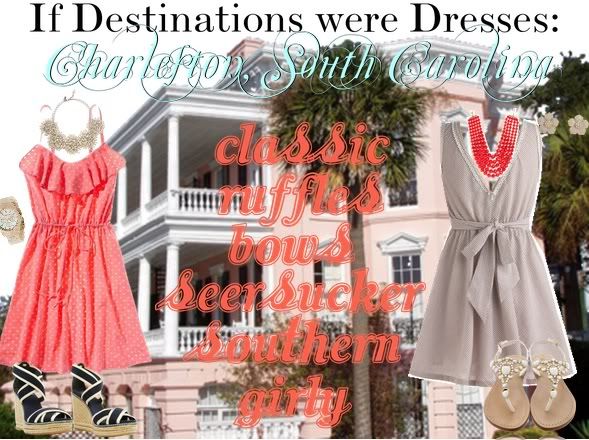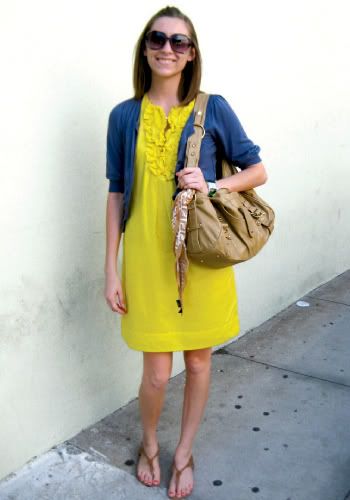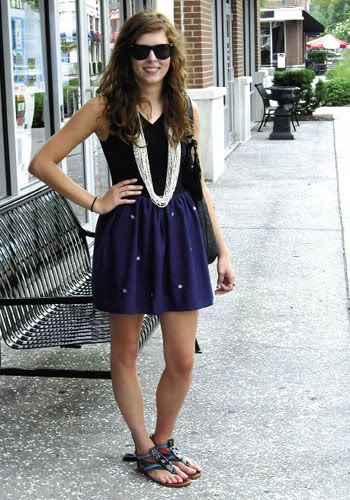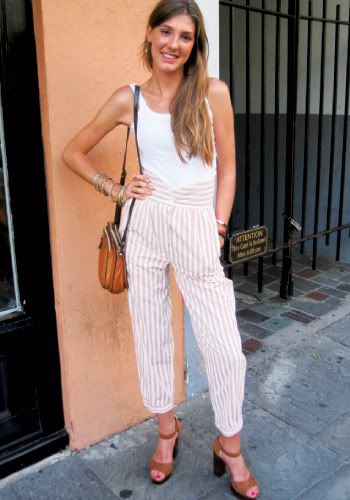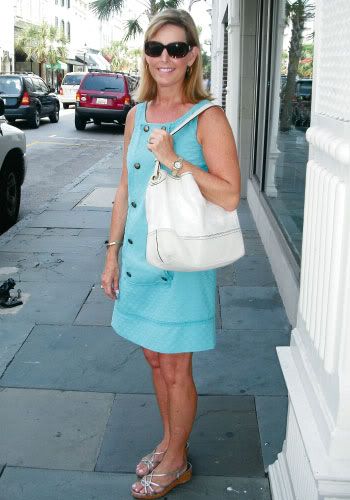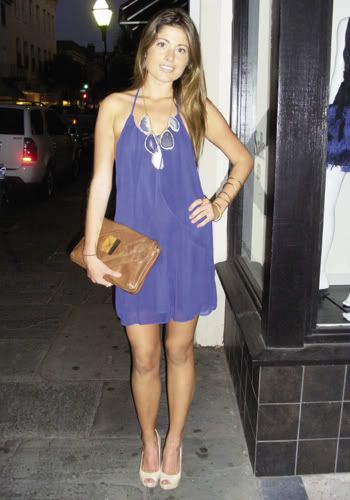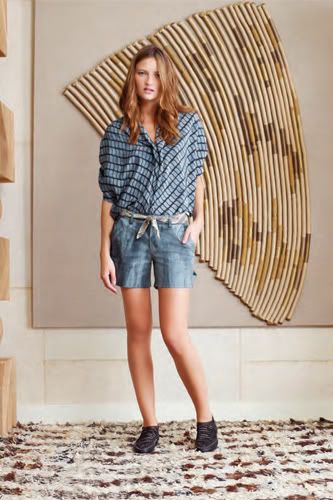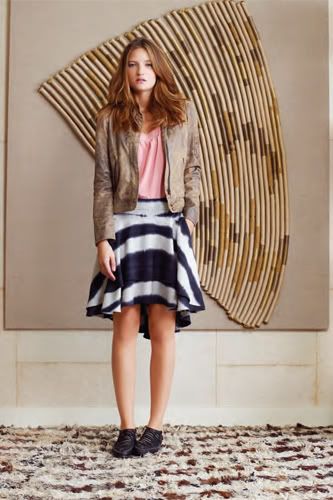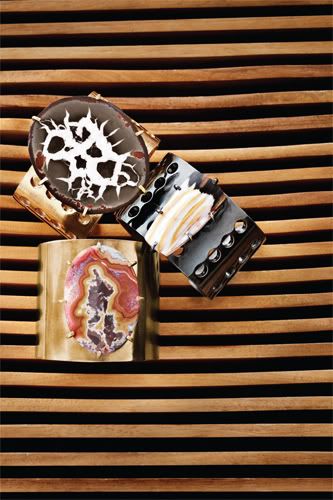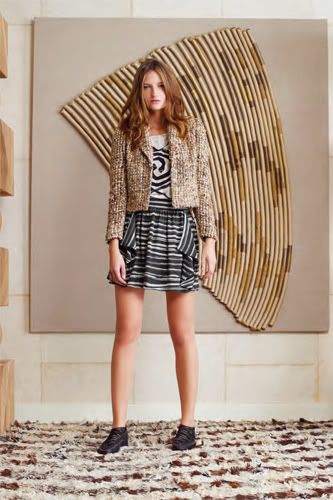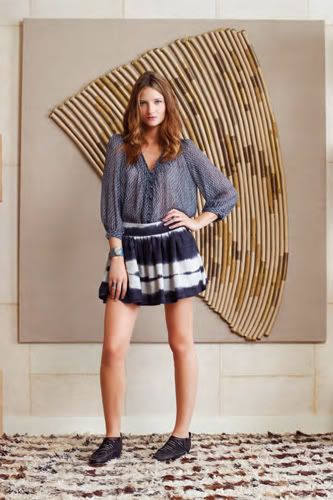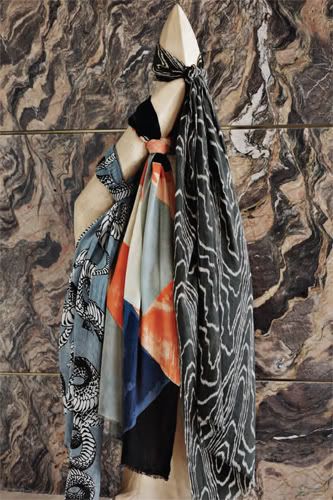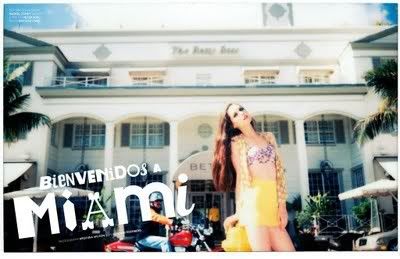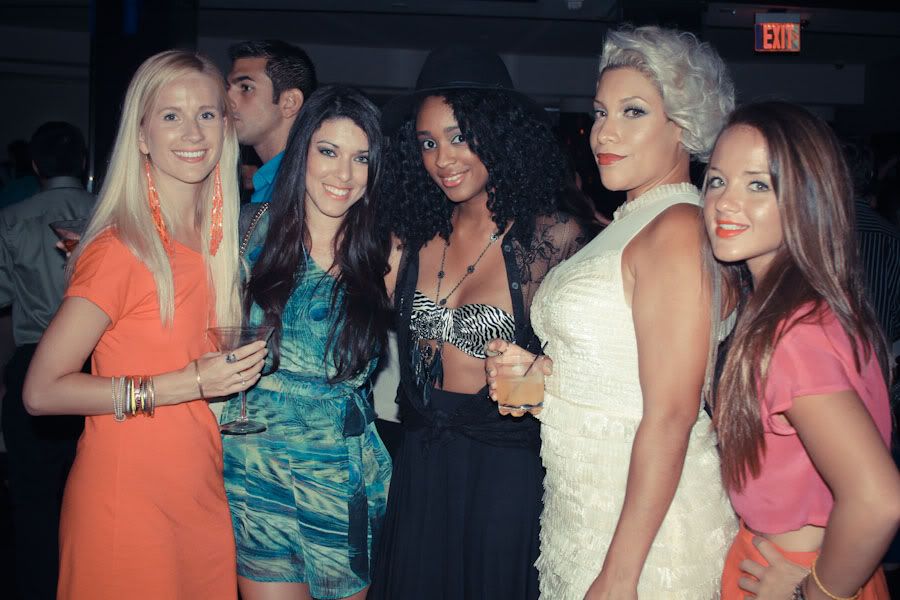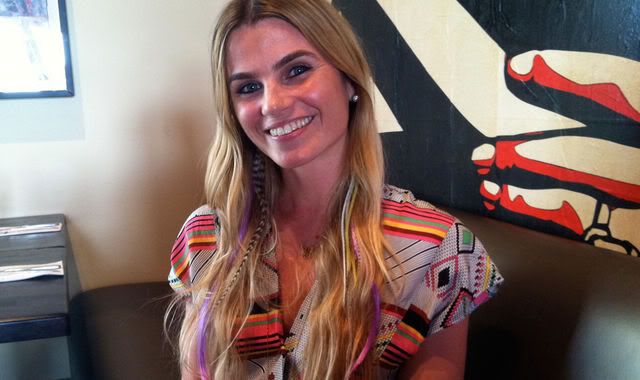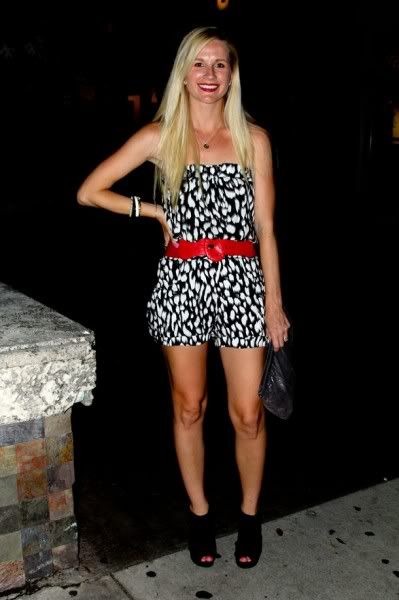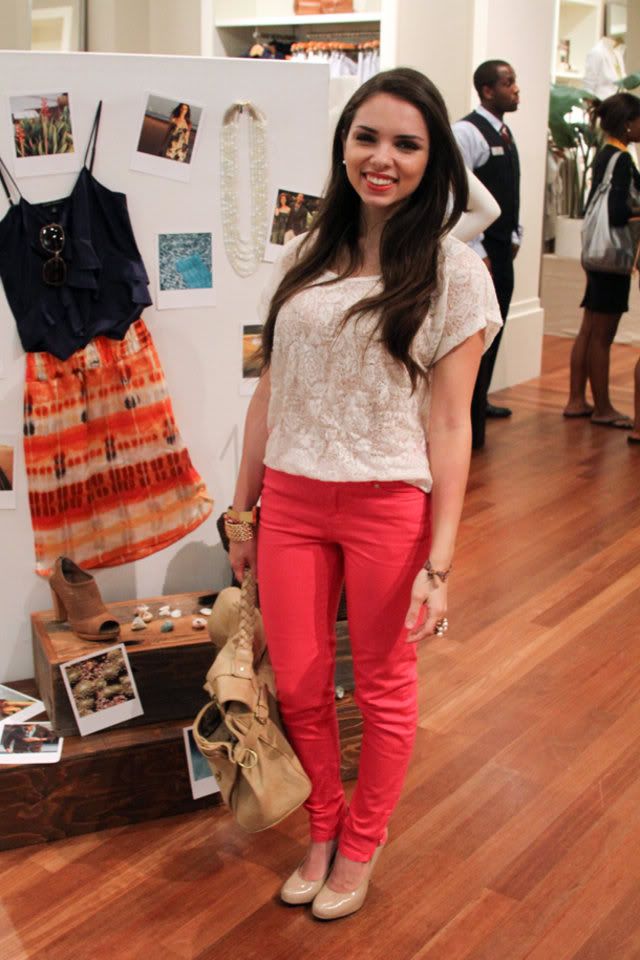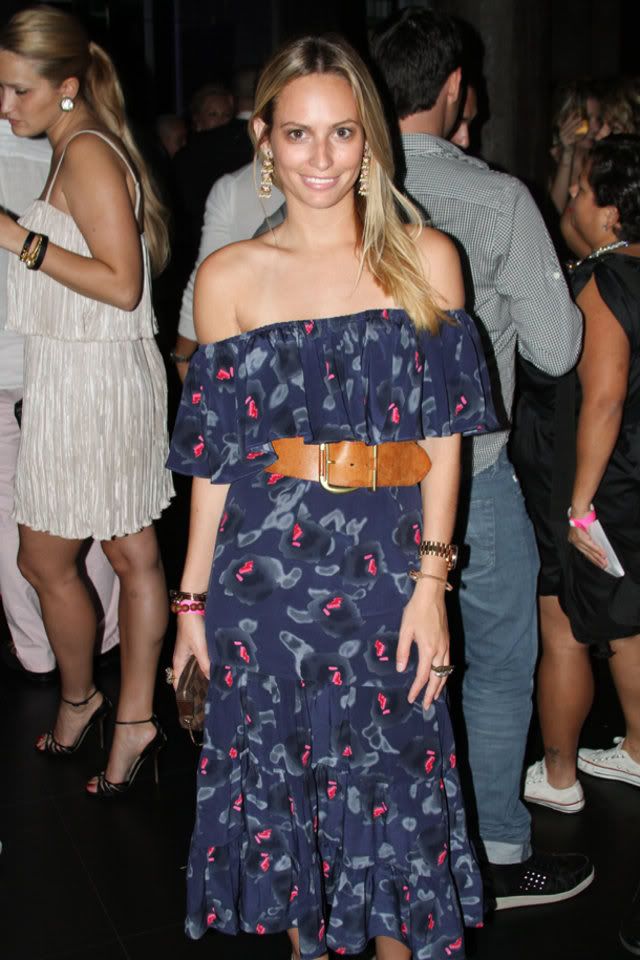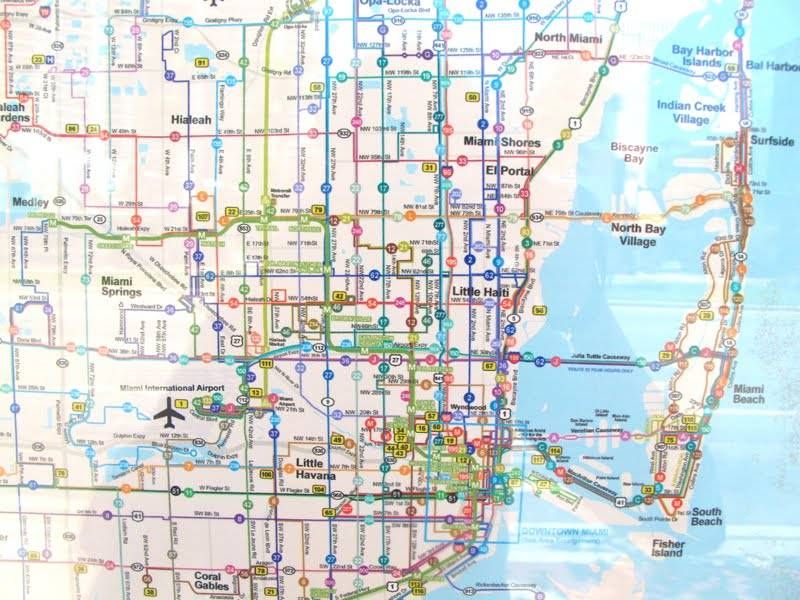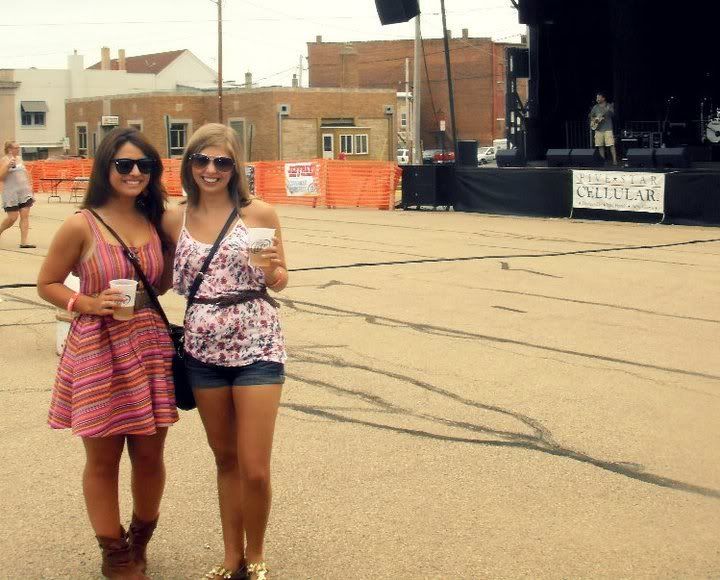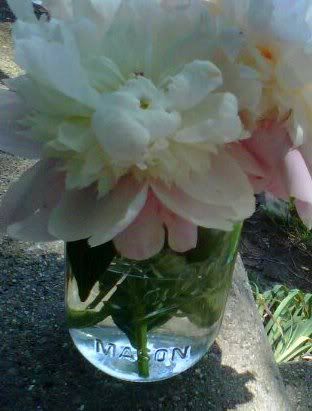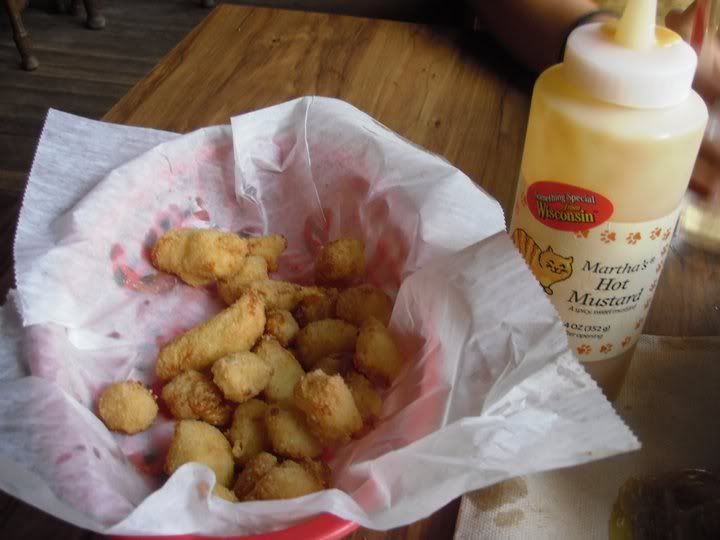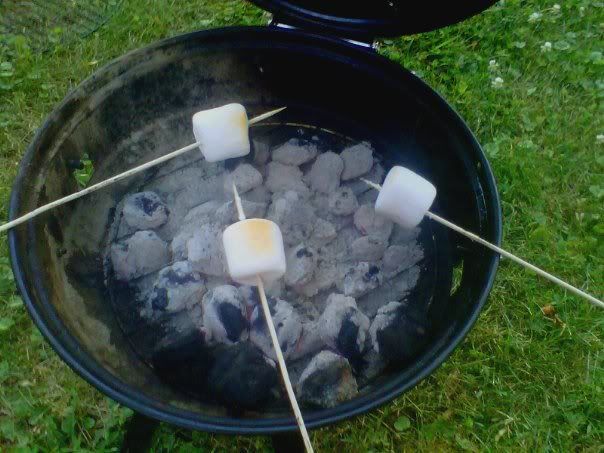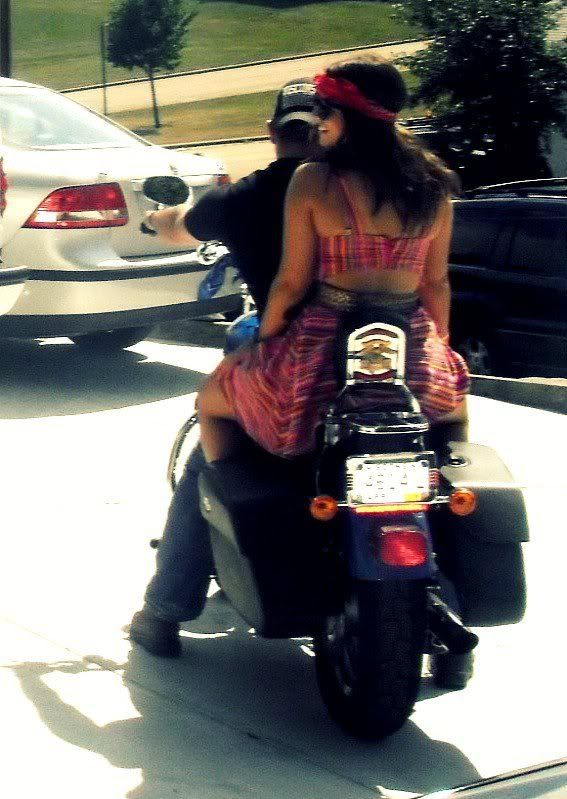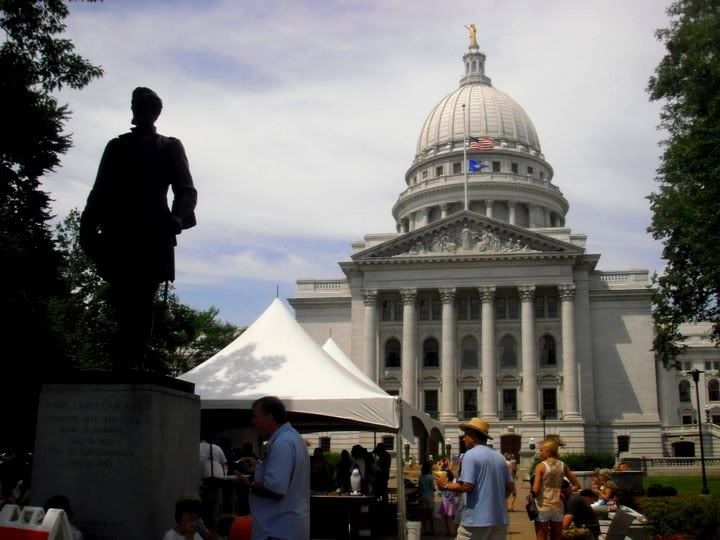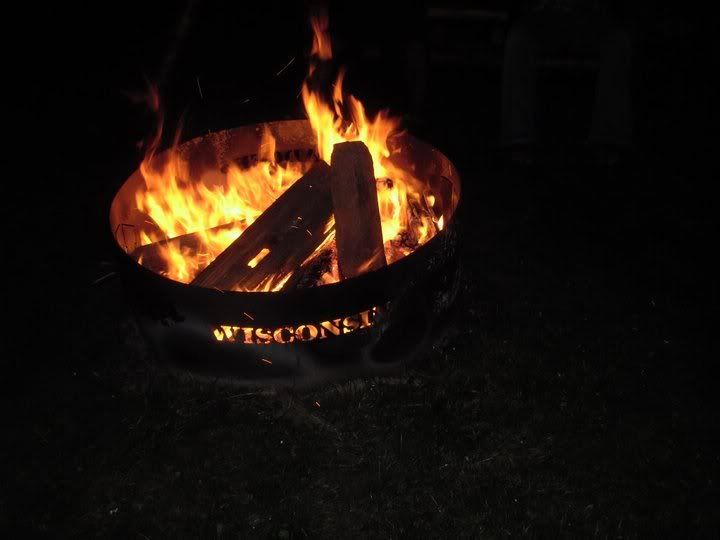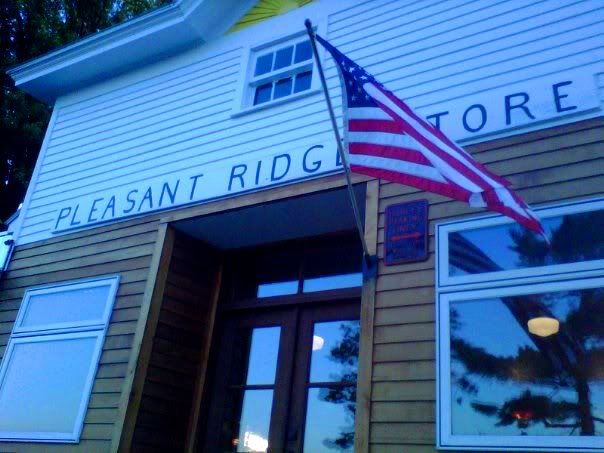 |
| Jennifer Evans, The Evans Group CEO, in her unrestricted work space in Downtown LA's Arts District |
The Fashion Business Incorporated hosted the Factory Tour on Monday, July 25, 2011 to give an inside look at how designs are made through the development and production process. The tour took place at a fashion development and production house in Downtown’s Art District called The Factory by The Evans Group, which also operates one in San Francisco. Jennifer Evans, CEO of The Evans Group, believes in preserving domestic work, fair pay and social consciousness. As a result, Evans hires highly skilled workers – many of whom had lost their jobs as labor-intensive work was sourced overseas. The company caters to independent and emerging designers specializing in high-end designs. The Evans Group’s services range from making patterns and samples for the runway and showroom to filling small production orders without minimums.  |
| The tour group at The Factory in Downtown LA's Arts District |
During the tour, Jennifer described how her company develops and produces an idea into reality. First, she said, is the development process. At this time, Jennifer and her team of 30 employees work closely with the designer to make sure that the right ideas are communicated across the board. The designer is required to provide images of the final pieces, swatches, flat sketches and trims. Though many apparel manufacturers are looking to move their production overseas, The Evans Group is taking advantage of the need for local production. And this poses an advantage for those designers who are getting their clothing developed locally.
 |
| Pattern Maker, Gery Petrov, working at The Factory |
“The benefits of domestic made is that the designer can pop over and work out kinks in the development process so that nothing is lost in translation,” said Jennifer. “There’s direct communication.”Moreover, what’s interesting is that the made in the USA trend is not just in the US alone. Consumers abroad, such as in China and Japan, are hungry for “made in the USA” items too. One of The Factory’s clients is UnionMade, a Japanese brand that is actually making their collection in Los Angeles and then shipping them back to Japan to sell. Consumers there want and look for the "made in the USA" label.
“People abroad want items that are made in American because of the attention we put in our craftsmanship,” Jennifer further stated.
The next part is to give all of the materials and fabric to the pattern maker. Then, a fitting with a fit model is scheduled and the team can move into production.
In production, the team of highly-skilled craftsmen checks for quality, accuracy and trimming. Finally, the items are pressed and packaged either on hangers, folded or put in poly bags. The entire process can take up to 4-6 weeks, depending on the collection volume. Orders can be only one piece to as many as 300 pieces per style. Additionally, given the variation of size and timing, the sewers at The Evans Group are specialized in specific textiles for efficiency and ensures that they finish the production on time.
And because each piece takes up a lot of time, Jennifer encourages people to appreciate the craftmanship and attention that went into making the pieces.
"A simple men's blazer, for example, can have up to 40 different patterns and it takes a team to put them all together," Jennifer concludes.
The Evans Group also offers a full-service package for start-up companies to launch their clothing line. Check out their
Launch Programs page for development packages and pricing.
The Evans Group
877-531-5225
http://www.evansgroupinternational.com/
